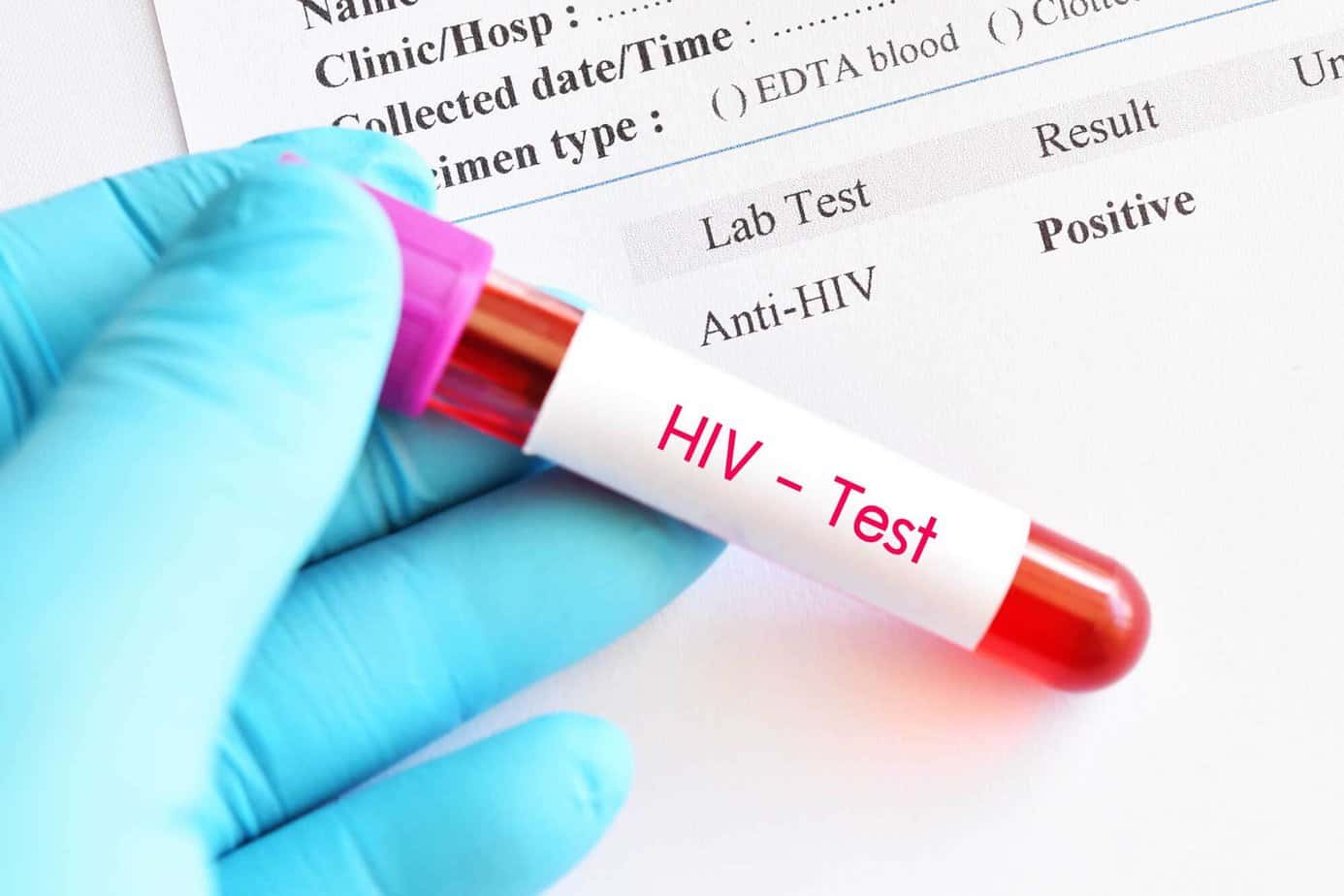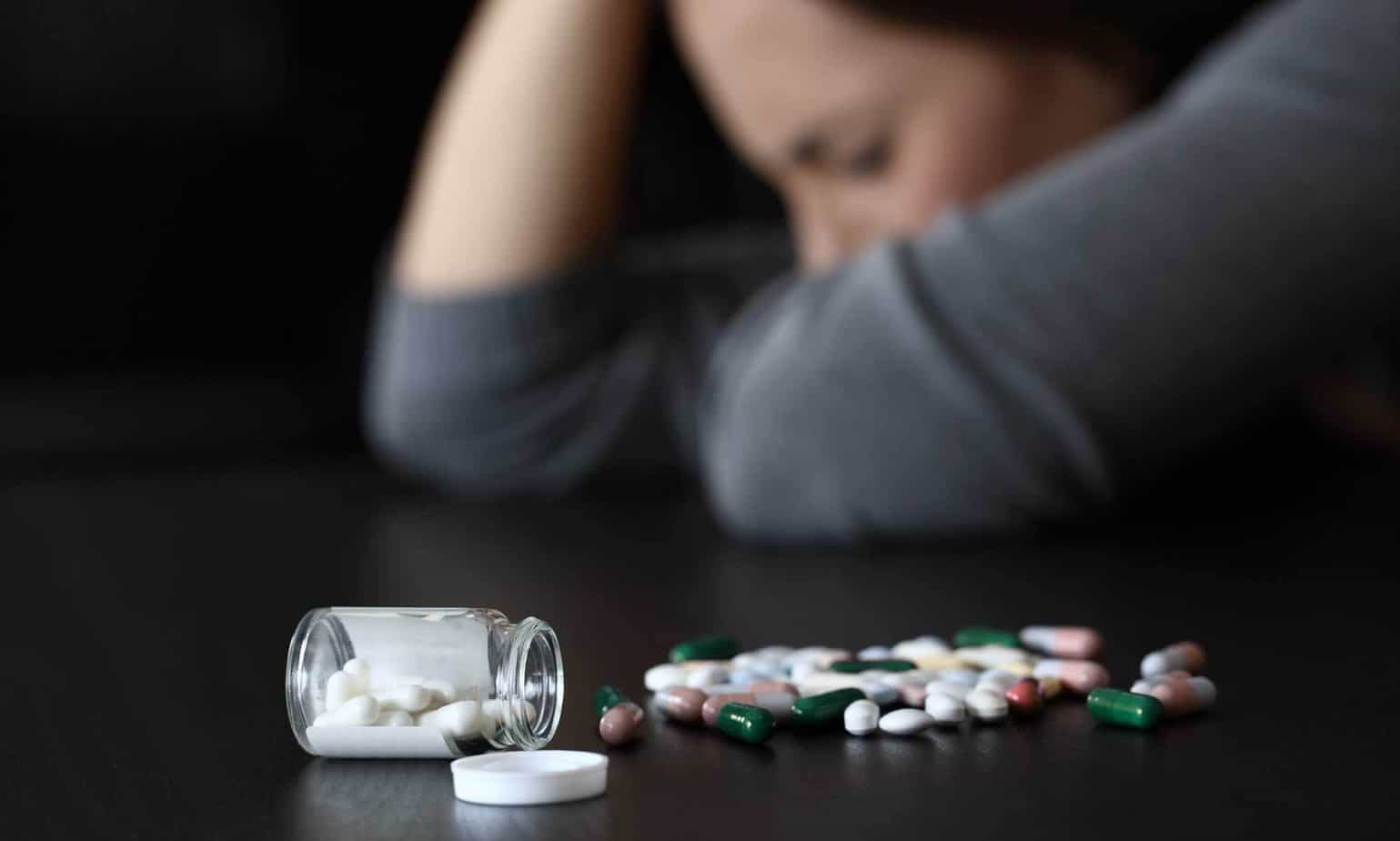In 2015, Indiana experienced 200 newly diagnosed cases of HIV in Scott County alone. Experts linked this outbreak to increased painkiller abuse in the county, highlighting the threat that opioid misuse and HIV poses on the nation. New data from the Massachusetts Department of Public Health and the U.S. Centers for Disease Control and Prevention has revealed that since 2015, the two Massachusetts cities of Lawrence and Lowell have witnessed 129 new HIV cases attributed to opioid use. This represents a considerable change from 2013 and 2014, when only 41 similar cases were discovered throughout all of Massachusetts.
The Link Between Opioids and HIV
There are several ways the opioid epidemic can cause the number of HIV cases to rise. First, using drugs intravenously increases the likelihood of transmitting HIV because opioid users may share infected needles. Additionally, opioid use reduces inhibitions and produces strong cravings, meaning that individuals struggling with addiction may try to acquire drugs or money by engaging in unsafe sexual acts.
The Role of Fentanyl
Considering Massachusetts’ widespread health insurance coverage, the sharp increase in HIV cases in two of its cities is surprising and troubling. The public health crisis affecting this specific region was influenced by several factors, one being the spread of fentanyl. Massachusetts has the third highest amount of synthetic opioid-related deaths, meaning deadly drugs like fentanyl have become a major concern. Fentanyl is often mixed with other drugs such as heroin to create a more potent yet cheaper product. It also makes the drug more addictive. Fentanyl’s growing popularity — along with the number of times that users inject the drug to avoid withdrawal — increases the risk that individuals will use infected needles.
The Lack of Resources
Other factors impacting the opioid-related HIV outbreaks in Massachusetts includes the rise of homelessness, the absence of needle exchange programs in the two cities, and a lack of routine HIV screenings. Data shows that 12 percent of individuals who inject drugs do not know that they have HIV. If HIV screenings are not consistently offered, these individuals will remain in the dark about their status, possibly sharing needles with others and remaining unaware of just how much their opioid use has altered their lives.
The Stigma
As with addiction, there is a stigma surrounding HIV. As a result, even drug users who share needles knowing that they are HIV positive do not reveal their health status, causing the disease to spread. And some addicted to opioids may be so fixated on finding their next high that they do not ask questions when sharing needles.
Health professionals fear that this spike in Massachusetts could be a precursor to nationwide HIV outbreaks and ask that the country invest its resources into addressing the opioid epidemic to prevent the spread of HIV and potential dangers.
If you or a loved one is struggling with addiction, Mountainside can help.
Click here or call (888) 833-4676 to speak with one of our addiction treatment experts.

 By
By 







